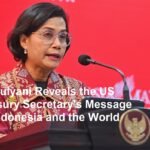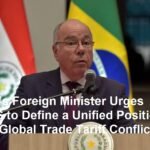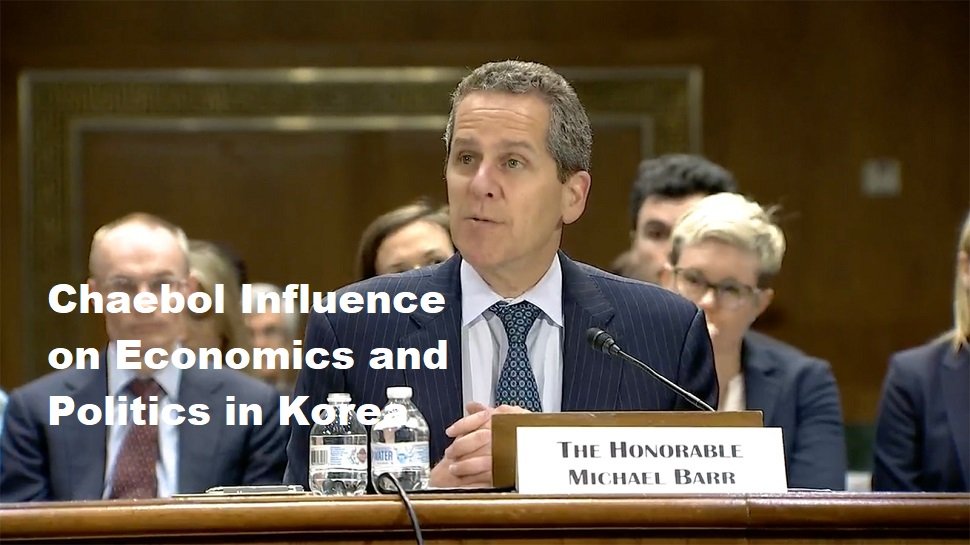The global economic landscape is increasingly bleak, with mounting challenges pushing nearly 48 countries to seek assistance from the International Monetary Fund (IMF). This surge in IMF engagements reflects widespread financial distress triggered by a combination of factors including inflation, debt burdens, geopolitical tensions, and lingering effects of the COVID-19 pandemic.
The IMF’s latest reports reveal that the number of countries requiring financial aid or policy support has reached levels not seen in recent decades. This trend underscores the fragility of the global economy amid rising uncertainties and structural vulnerabilities.
Inflation and Debt Pressures
One of the primary drivers of economic hardship is persistent inflation, which continues to erode purchasing power worldwide. Many developing and emerging economies are grappling with soaring food and energy prices, which disproportionately affect low-income populations. Central banks in several countries have responded by raising interest rates to tame inflation, but this has also increased borrowing costs, exacerbating debt sustainability concerns.
Several countries, particularly in Africa, Latin America, and parts of Asia, are facing mounting debt crises. The combination of high external debt and depreciating local currencies has made it difficult for these nations to service their obligations, leading them to turn to the IMF for bailout packages and restructuring programs.
Geopolitical Tensions and Trade Disruptions
Geopolitical conflicts, such as the ongoing war in Ukraine and tensions in the Middle East, have further destabilized global markets. These conflicts have disrupted supply chains, especially for critical commodities like oil, gas, and grains, driving prices higher and fueling inflationary pressures.
Trade wars and protectionist policies have also contributed to economic uncertainty. Countries imposing tariffs and sanctions have created barriers to free trade, limiting growth prospects for many economies dependent on exports.
Post-Pandemic Recovery Challenges
Although the world has largely moved past the acute phase of the COVID-19 pandemic, its economic aftershocks continue to reverberate. Many countries are still struggling with uneven recovery, with some sectors and regions lagging behind. The pandemic exposed structural weaknesses in healthcare, social safety nets, and economic diversification, which remain unresolved.
The IMF has been actively involved in supporting countries through emergency financing and policy advice to stabilize economies and promote sustainable growth. However, the scale of current challenges requires more coordinated global efforts.
IMF’s Role and Response
The IMF has expanded its lending capacity and introduced new facilities to address the growing demand for financial assistance. Programs such as the Extended Fund Facility (EFF) and the Rapid Financing Instrument (RFI) have been utilized to provide timely support to countries facing balance of payments crises.
IMF Managing Director Kristalina Georgieva has repeatedly called for international cooperation to tackle debt vulnerabilities and promote inclusive growth. She emphasized the importance of debt relief initiatives, especially for the poorest nations, to prevent a cascade of defaults that could further destabilize the global economy.
Outlook and Recommendations
Looking ahead, the IMF warns that without decisive policy actions, the global economy risks entering a prolonged period of stagnation or recession. Key recommendations include:
- Strengthening fiscal frameworks to manage debt sustainably.
- Enhancing social protection systems to shield vulnerable populations.
- Promoting structural reforms to boost productivity and diversification.
- Encouraging multilateral cooperation to resolve trade disputes and geopolitical conflicts.
The IMF also stresses the need for advanced economies to support developing countries through financial aid, technology transfer, and climate finance to foster resilient and inclusive growth.
In conclusion, the grim global economic outlook and the rising number of countries turning to the IMF highlight the urgent need for coordinated international efforts. Addressing inflation, debt crises, geopolitical risks, and post-pandemic recovery challenges will be crucial to stabilizing the world economy and ensuring sustainable development.









